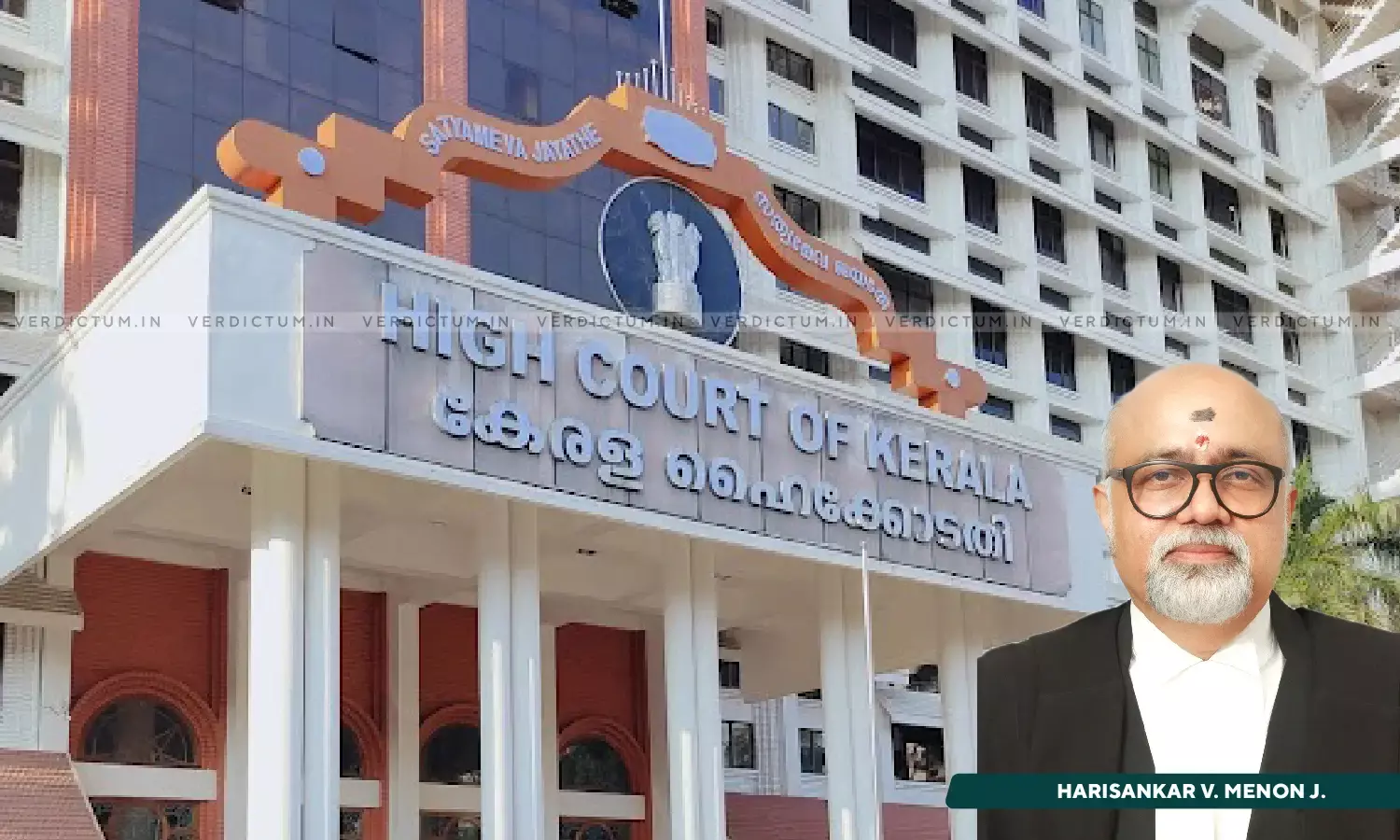Termination Orders Must Be Sent To Employees By Registered Post To Ensure Validity: Kerala High Court
The Kerala High Court ruled that for termination orders to be deemed valid, they must be communicated to the employee via registered post; service through ordinary post is insufficient.
The case involved a former high school teacher who contested his termination from service. The termination notice was reportedly sent to him by the school manager using ordinary post.
A Bench of Justice Harisankar V Menon citing Section 27 of the General Clauses Act clarified that valid service of a document is only established when it is sent by registered post. It said, "Thus under Section 27 of the General Clauses Act, it is only in a situation where the document is sought to be served by “registered post”, it can be seen that there is a valid service. Here, admittedly there is no such service or attempt to serve by “registered post”. Even according to the respondents, the Manager has only sent the communication/termination order through 'ordinary post'."
Advocate Kaleeswaram Raj appeared for the petitioner and Senior Government Pleader Justin Jacob appeared for the respondent.
He had initially approached the court challenging the management's refusal to approve his duty leave despite possessing valid certificates. While this petition was pending, he discovered that he had been suspended from service without any formal notification. In response, he filed a second petition challenging his suspension, and the High Court stayed that order.
Subsequently, he retired from service, and was allowed to amend his original petition. In the amended petition, he argued that the disciplinary proceedings should not continue since he was now a retired employee. He cited Rule 3, Part III of the Kerala Service Rules (KSR), which prohibits such proceedings against retired staff.
He sought directions for the state to pay him his salary and other benefits until his retirement date and requested all terminal benefits, including his pension. In response, the government presented an order dated March 30, 2021, issued by the District Educational Officer, which terminated Cherian’s services effective February 16, 2017. The state contended that this order was served on him on April 29, 2021.
However, he disputed this claim, stating that he had never received formal communication regarding his termination, arguing that the lack of proper notification rendered the termination invalid. He emphasized that, according to Section 27 of the General Clauses Act, the dispatch of the termination order by the Manager via ordinary post did not meet the legal requirements for valid service.
The Senior Government Pleader argued that the termination order had indeed been served on April 29, 2021, at the address noted in the state’s statement through ordinary post, claiming this justified proceeding against him.
The Court concluded that since no valid termination order had been served according to the legal requirements within three years of his retirement, no further actions could be taken against him. The Court said, "Therefore, I am of the opinion that there is no intimation of the termination to the petitioner in a manner known to law."
The Court ultimately ruled that he was entitled to receive his salary and other benefits until his retirement date of May 29, 2021, along with all terminal benefits, including his pension from that date.
Cause Title: Jiji John v. State of Kerala & Ors., [2024:KER:76302]
Appearance:
Petitioner: Advocates Kaleeswaram Raj, A. Aruna, Thulasi K. Raj, and Varun C. Vijay



